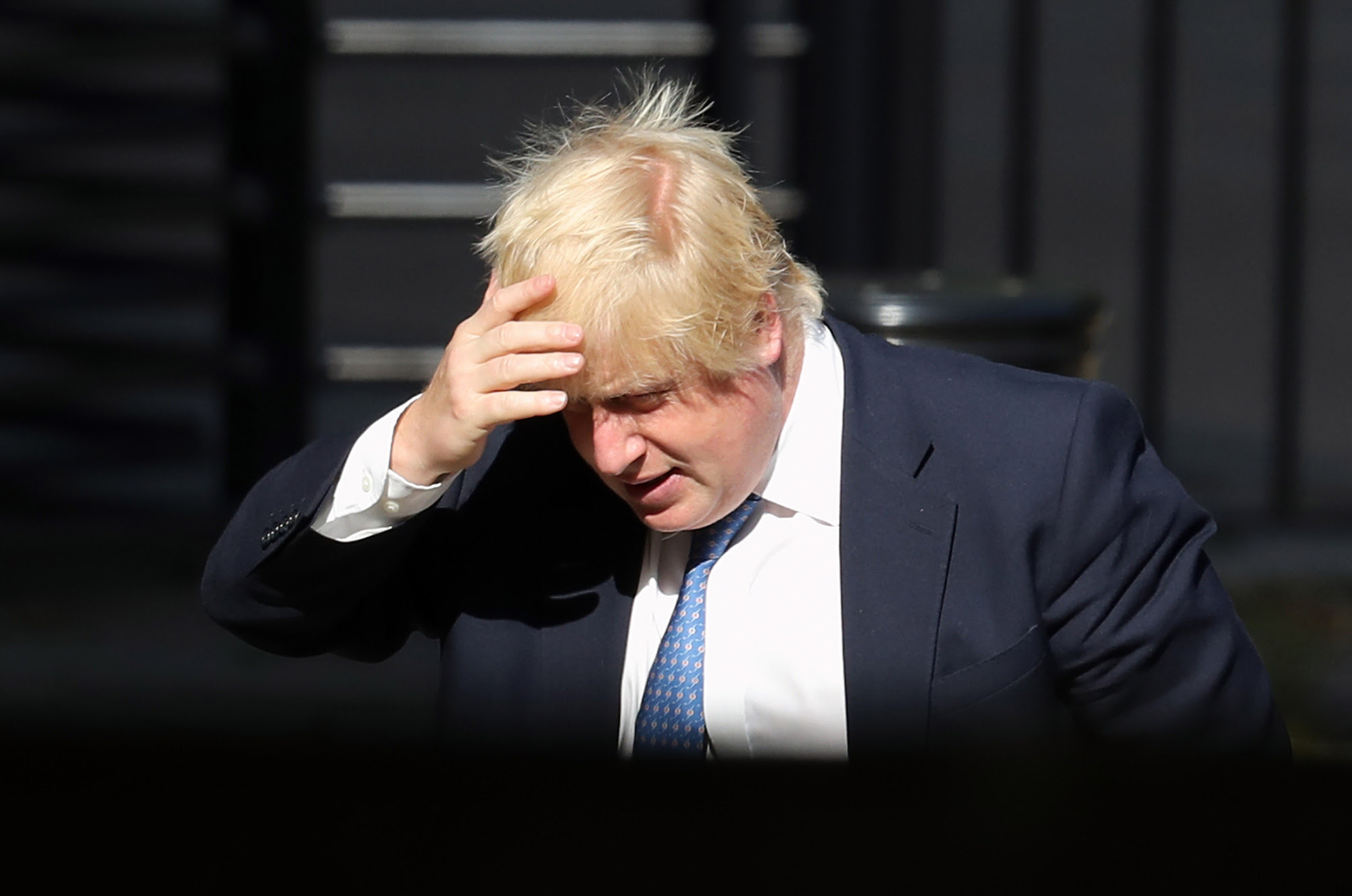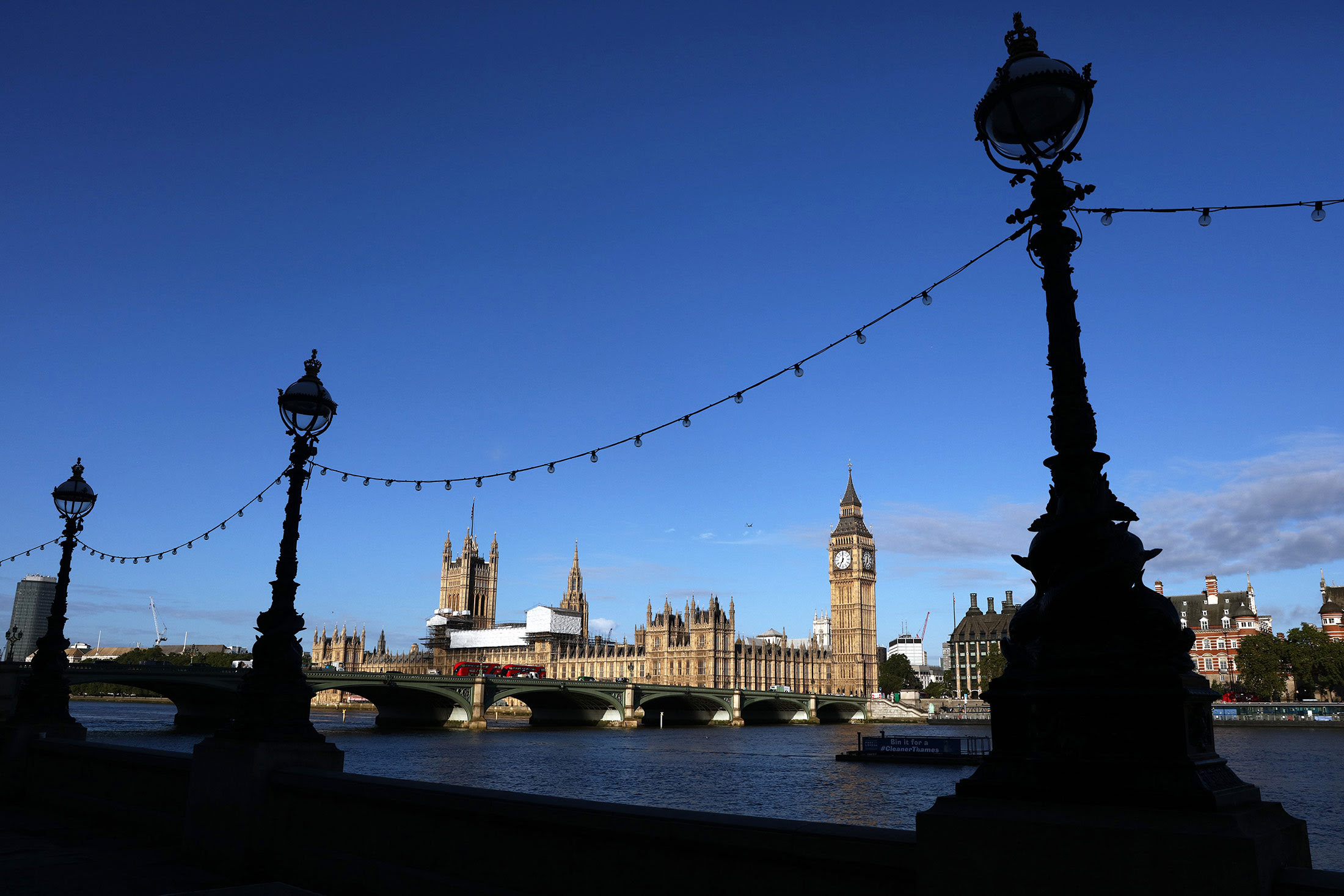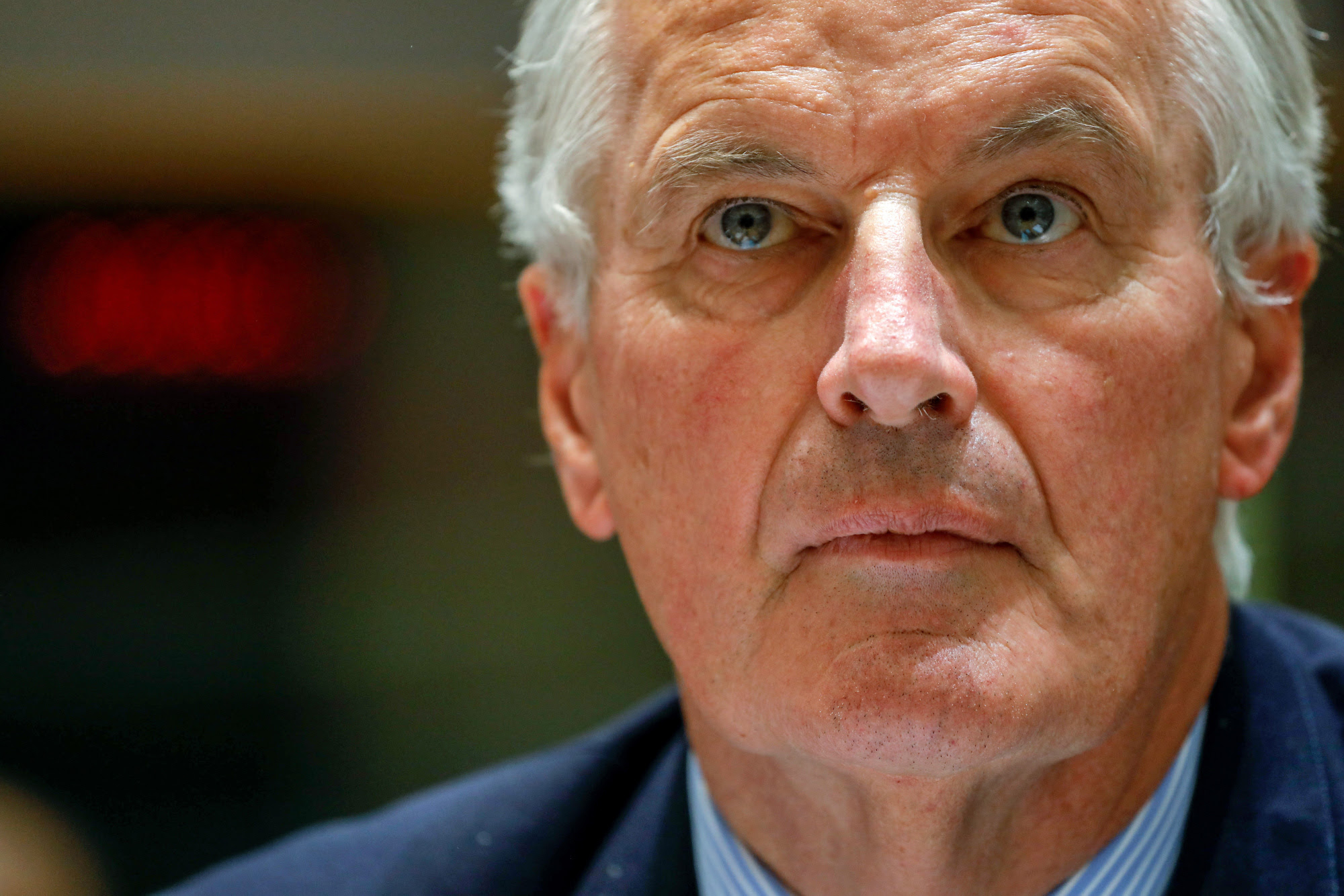Boris Backlash
Largely silent for months, Foreign Secretary Boris Johnson launched himself back into the Brexit debate late Friday night with a 4,000 word opus.
The timing was questionable given it came a week before Prime Minister Theresa May outlines her own vision for the split and hours after she raised the nation’s threat level following another terrorist attack.
Johnson painted a positive picture of what he called a “glorious” post-Brexit Britain, rejected the notion of paying for access to the single market and revived the much-criticized suggestion that the British could redirect £350 million a week toward the National Health Service.
The personal manifesto may well shore up support among Tory grassroots who hadn’t heard much from him of late and who had recently begun looking elsewhere for future leadership candidates. It won the backing of the Sun newspaper, while Damian Green, effectively May’s No. 2, said it won’t cost Johnson his job.

But there was still quite a backlash amid suggestions he was undermining the prime minister:
Home Secretary Amber Rudd accused him of “backseat driving”
Unidentified Tory lawmakers told the Mail on Sunday and the Observer that he should be ousted from the Cabinet
The U.K. statistics watchdog accused him of a “clear misuse of official statistics”although Johnson rejected that allegation
Allies of Michael Gove denied claims from the Johnson camp that he supported the intervention, the Times said
Scottish Tory Leader Ruth Davidson sent a barbed tweet suggesting lawmakers should be focusing on “service” after the Parsons Green attack
The Telegraph reported on Monday Johnson is concerned May will agree to pay £10 billion a year through a three-year transition.
The Times reported that Johnson is increasingly worried about the perception he misled voters last year and doesn’t want to be blamed for a Brexit betrayal. He’s also fed up with his Foreign Office job. Johnson took to Twitter to claim he remained a team player:
“Looking forward to” May’s Florence speech, he said. “All behind Theresa for a glorious Brexit.”
Meanwhile a new book by Bloomberg’s Tim Ross and Politico’s Tom McTague will reveal secret polling showed Johnson was unpopular with voters in the run-up to June’s election and had to be kept out of the public eye, according to May’s former joint chief of staff. Nick Timothy said the Tories focused their election campaign on May because their private research showed “nobody in the Cabinet is popular—keep them away, even Boris.” Timothy resigned after the results.
Brexit Latest
Continental Doubts | EU officials aren’t holding out much hope that May will this week break the deadlock in the Brexit negotiations. They want her to propose solutions to sticking points such as the financial settlement, but aren’t confident she will do so. “It would be very nice if we could get a clear message,” Danish Finance Minister Anders Samuelsen said in an interview in Copenhagen. Sky News reported Brexit Secretary David Davis as saying privately that the bill is £60 billion and “falling.”
Security Pledge | The U.K. will detail its plans for security cooperation with the EU on Monday, as it seeks to continue ties in efforts against crime and terrorism after Brexit. Home Secretary Amber Rudd wrote in the Sun on Sunday newspaper that she will publish a proposal for a security treaty with the EU to maintain links for evidence sharing, extraditions and carrying out arrests. The Daily Telegraph reported Britain will continue to pay to remain a part of Europol.
Business | British executives urged May in a letter to seek a three-year transitional period after Brexit, warning failure to secure more time would jeopardize “our collective prosperity.” BMW’s CEO Harald Krueger separately told the Sunday Times that the carmaker will be “flexible” on whether it makes vehicles in Britain in the event of a hard Brexit. The Financial Times reported the weakening business environment following the Brexit vote had dented profits and triggered pay cuts for its bosses.
Economy | The Centre for Economics and Business Research upgraded its outlook for the U.K. economy, citing a pickup in manufacturing and a view that the worst of the consumer-spending squeeze has passed. The group now expects U.K. growth of 1.6 percent this year and 1.4 percent in 2018, an increase from 1.3 percent and 1.2 percent, previously. But Rightmove reported house prices grew at the slowest annual pace in more than five years this month.

Finance Tax | The 10 European Union countries still plotting a tax on financial transactions tied the proposal’s fate to the outcome of the Brexit negotiations, pushing any decision on the six-year-old plan even farther into the indefinite future.
Amsterdam | International broadcasters are most likely to move their U.K.-based operations to the Netherlands if Brexit hurts their ability to transmit into the EU, according to a study by researcher Expert Media Partners.
More Money | Britain’s antitrust regulator asked for significantly more resources to deal with an expected increase in mergers and antitrust oversight when the country leaves the EU. Brexit may also mean regulations need to be changed to ensure the Competition and Markets Authority retains access to confidential information from mergers to allow it to make rulings, the U.K. agency said in a paper submitted to the House of Lords EU committee.
On the Markets | The pound’s rally, spurred by the Bank of England’s hawkish rhetoric, may be vulnerable to heightened sensitivity to economic data and Brexit uncertainty this week. Sterling rounded off its biggest weekly gain in five months against the dollar Friday, but the currency’s one-week implied volatility against the dollar also climbed the most in the world in the five days through the end of last week.




Comentarios
Publicar un comentario